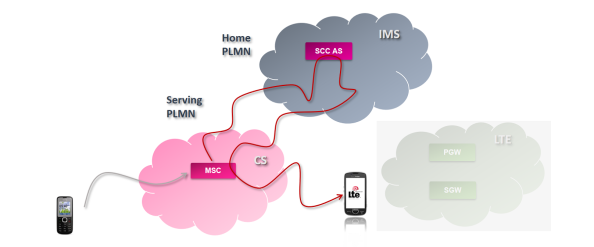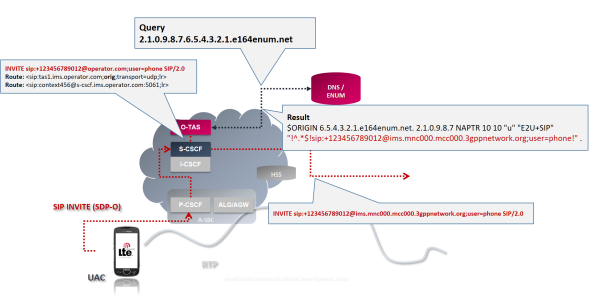Have you heard about the IMS Centralized Services (ICS)? The basic idea is fairly simple. We want to apply services for IMS subscribers, regardless what access network they use. We know that in IMS we can do it for all IP-based access domains. But if the subscriber is accessing through the legacy CS network (e.g. because of a low LTE coverage in her area), we are still triggering the services in the CS Core network … right, unless we have the ICS in place. So ICS enables the IMS services even when one is using CS access for the media bearer.

IMS Centralized Services
The ICS is specified in GSMA IR.64 and 3GPP TS 23.292, 23.237 and 23.216. The scope of the specification includes:
- Session establishment when using CS access for media transmission for an IMS service
- Support of Service Continuity
- Support of Single Radio Voice Call Continuity
- Access Domain Selection (ADS)
- IMS control of services where the media is transported via the CS network (e.g. managing of mid-call services)
- Service data management
The solution is applicable for UEs with or even without ICS functionality. As the first step all the sessions have to be anchored in the IMS. That is a job for Service Centralization and Continuity Application Server (SCC AS). The SCC AS is on the signalling path for both the originating and terminating services. Using the initial Filter Criteria (IFC), the SCC AS is triggered as the first AS for originating sessions and as the last for terminating sessions.
